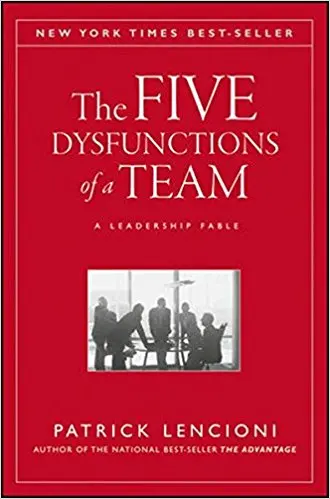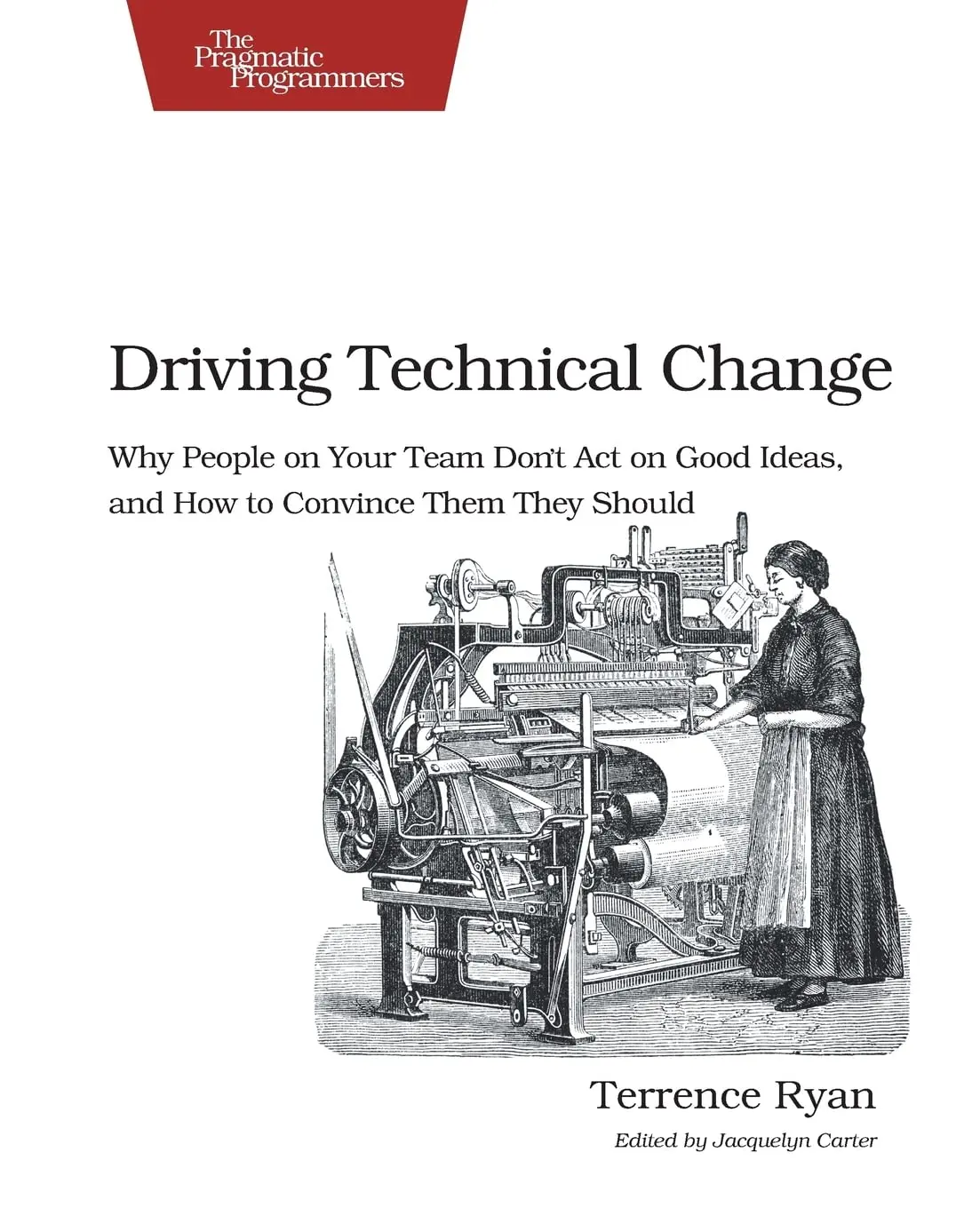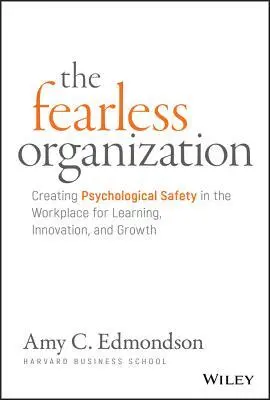Leadership
Below is an overview of content that matches the tag "leadership".
Note that this list is not exhaustive, as it is automatically aggregated based on manually assigned categorizations.
If you notice a missing element, or think some of the items are wrongfully categorized, please create a bug/improvement ticket on our github issue tracker.
Books tagged with "Leadership"
Behind Closed Doors
Secrets of Great Management
Rothman, J.; Derby, E. (2005) Behind Closed Doors. The Pragmatic Bookshelf. isbn: 978-0976694021.
Behind Closed Doors follows interim manager Sam as he steadies a struggling team and rebuilds trust. Johanna Rothman and Esther Derby show how purposeful one-on-ones, visual management, and timely feedback change the team’s trajectory. The narrative makes core management habits accessible and easy to adapt to your own context.
The Five Dysfunctions of a Team
A Leadership Fable
Lencioni, P. (2009) The Five Dysfunctions of a Team. Winsome Book India. isbn: 978-8126522743.
The Five Dysfunctions of a Team explores how trust, conflict, commitment, accountability, and results form a tightly coupled system. Patrick Lencioni tells a leadership fable about an executive team that slips into dysfunction, then demonstrates facilitation techniques to reverse the spiral. It is a quick read for leaders and team members who want to spot warning signs early and restore performance.
Ryan, T. (2019) Driving Technical Change. The Pragmatic Bookshelf. isbn: 978-1934356609.
Driving Technical Change tackles the challenge technologists face when they see a better way forward but cannot get others onboard. Terrence Ryan profiles common resistance personas and shows how to package experiments, evidence, and storytelling for each audience. The guidance equips experienced developers to become thoughtful change agents who elevate their teams and organisations.
Succeeding with Agile
Software Development Using Scrum
Cohn, M. (2010) Succeeding with Agile. Addison-Wesley. isbn: 0321579364.
Mike Cohn offers a pragmatic guide to adopting Scrum beyond the first pilot team, covering organisational change, scaling, and coaching. He outlines how to tailor roles, plan releases, and handle resistance while keeping agile values intact. The book serves as a reference for leaders shepherding sustained agile transformations.
Drucker, P. F. (2006) The Practice of Management. Harper Business. isbn: 978-0060878979.
The Practice of Management frames management as a discipline grounded in purpose, accountability, and attention to people. Peter F. Drucker explains how to set objectives, measure performance, foster innovation, and build organisations that learn. Despite its age, the book remains a reference for leaders who want timeless principles to balance strategy and execution.
Dare to Lead
Brave Work. Tough Conversations. Whole Hearts.
Brown, B. (2018) Dare to Lead. Random House. isbn: 978-0399592522.
Brené Brown translates her research on vulnerability and courage into a leadership playbook that centres trust, empathy, and accountability. The book offers practical tools for naming hard topics, building inclusive rituals, and creating the psychological safety required for teams to do meaningful work together.
The Fearless Organization
Creating Psychological Safety in the Workplace for Learning, Innovation, and Growth
Edmondson, A. C. (2018) The Fearless Organization. Wiley. isbn: 978-1119477242.
Amy Edmondson distills decades of research on psychological safety into a guide for leaders who want teams to learn faster and surface difficult truths. Case studies and diagnostics demonstrate how deliberate facilitation, rapid feedback loops, and shared accountability unlock experimentation without fear of blame.
Argyris, C. (1991) Teaching Smart People How to Learn. Harvard Business Review.
Chris Argyris explains why highly skilled professionals often resist feedback and how facilitators can create space for double-loop learning. He shares interventions coaches can use to surface reasoning, challenge defensive routines, and turn setbacks into shared insight. The essay remains essential for leaders guiding experts through change.
Other Resources tagged with "Leadership"
Cynefin Wiki
The Cynefin framework homepage provides an overview of a decision-making model used to navigate complex, chaotic, and simple situations. It offers a way to identify the nature of different contexts so that appropriate responses can be applied. Developed by Dave Snowden, Cynefin is valuable for knowledge workers, leaders, and strategists who need to make sense of complex environments and choose suitable actions in varying situations.







